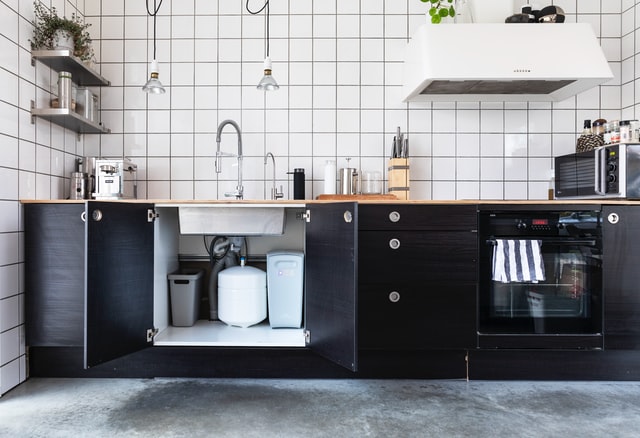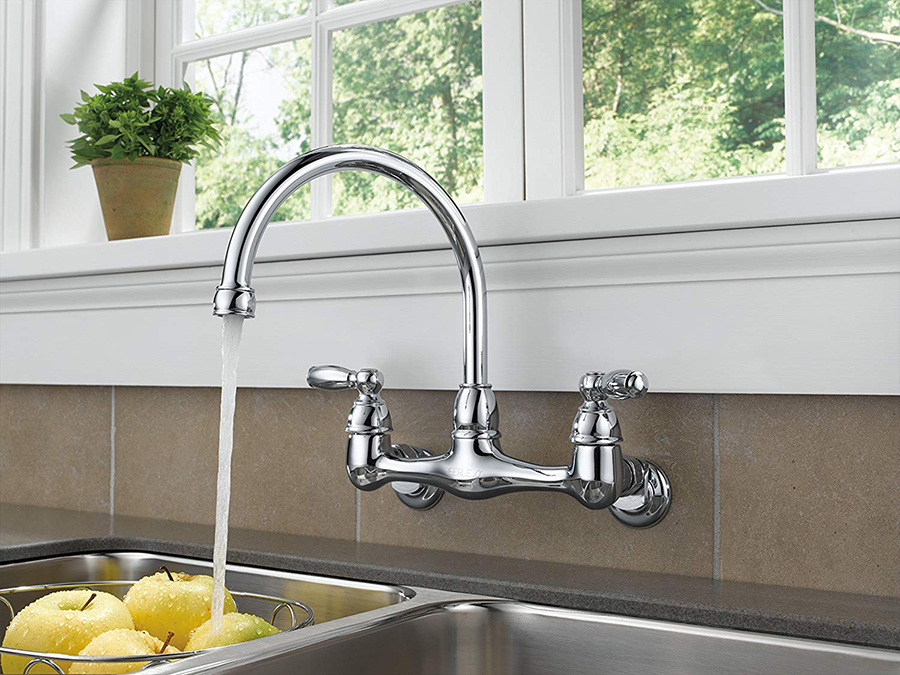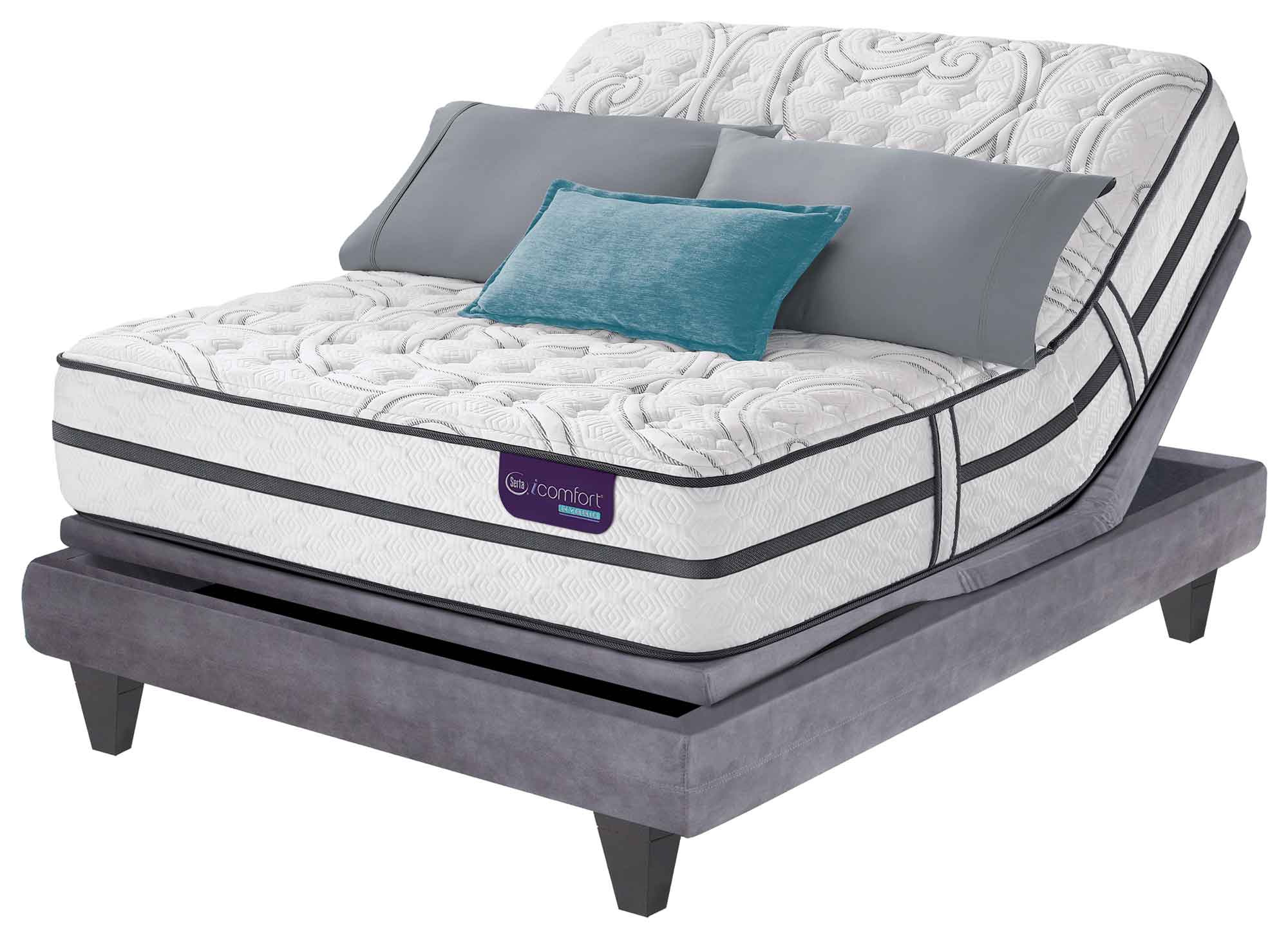If you've ever experienced a clogged kitchen sink, you know how frustrating it can be. Dealing with slow draining water or standing water in your sink can put a damper on your daily routine. But fear not, unclogging kitchen sink pipes is a doable task, even for those who are not handy around the house. With a few simple steps, you can have your kitchen sink drain running smoothly again in no time.1. How to Unclog a Kitchen Sink Drain
Before calling a plumber, it's worth trying some DIY methods to unclog your kitchen sink pipes. One of the most effective methods is using a plunger. Fill the sink with a few inches of water, place the plunger over the drain, and push and pull vigorously to create suction. This can dislodge any debris or build-up blocking the pipes.2. DIY Methods for Unclogging Kitchen Sink Pipes
If the plunger doesn't do the trick, you can try using a mixture of baking soda and vinegar. Pour 1/2 cup of baking soda down the drain, followed by 1/2 cup of vinegar. Cover the drain with a cloth or stopper to contain the fizzing reaction. After about 30 minutes, pour hot water down the drain to flush out any remaining debris.3. Using Baking Soda and Vinegar to Unclog Kitchen Sink Pipes
If the clog is more stubborn, you may need to use a drain snake or auger. These tools are long, flexible wires that can be inserted into the drain to break up and remove any blockages. You can find these tools at most hardware or home improvement stores.4. The Best Tools for Unclogging Kitchen Sink Pipes
If you prefer to use natural remedies, there are a few options you can try. Pouring a cup of salt and boiling water down the drain can help dissolve any grease or build-up. Another alternative is using a mix of salt, baking soda, and cream of tartar, followed by boiling water.5. Natural Remedies for Unclogging Kitchen Sink Pipes
The best way to deal with clogged kitchen sink pipes is to prevent them from happening in the first place. Be mindful of what you put down your sink and avoid pouring grease or oil down the drain. Use a drain cover to catch any food debris and clean it out regularly. Also, avoid putting fibrous or starchy foods, such as potato peels or pasta, down the drain.6. How to Prevent Clogs in Kitchen Sink Pipes
If all else fails, it may be time to call in the professionals. A plumber will have the necessary tools and expertise to unclog your kitchen sink pipes quickly and effectively. They can also inspect the pipes for any potential issues and provide preventative maintenance to avoid future clogs.7. Professional Services for Unclogging Kitchen Sink Pipes
Understanding the common causes of clogged kitchen sink pipes can help you prevent them from happening. Grease, food debris, and foreign objects are the usual culprits. To avoid these issues, be mindful of what you put down your sink and use a drain cover to catch any debris.8. Common Causes of Clogged Kitchen Sink Pipes
If you've tried all the DIY methods and the clog remains, there may be a more significant issue with your kitchen sink pipes. In this case, it's best to call a professional plumber. They can troubleshoot the issue and determine the best course of action to get your sink back to working order.9. Troubleshooting Tips for Unclogging Kitchen Sink Pipes
Once you've successfully unclogged your kitchen sink pipes, it's essential to maintain them to avoid future clogs. Regularly clean out your drain cover and avoid putting any harmful substances down the sink. You can also use a natural drain cleaner, such as baking soda and vinegar, once a month to keep the pipes clear.10. How to Maintain Clean and Clear Kitchen Sink Pipes
Preventing Future Clogs
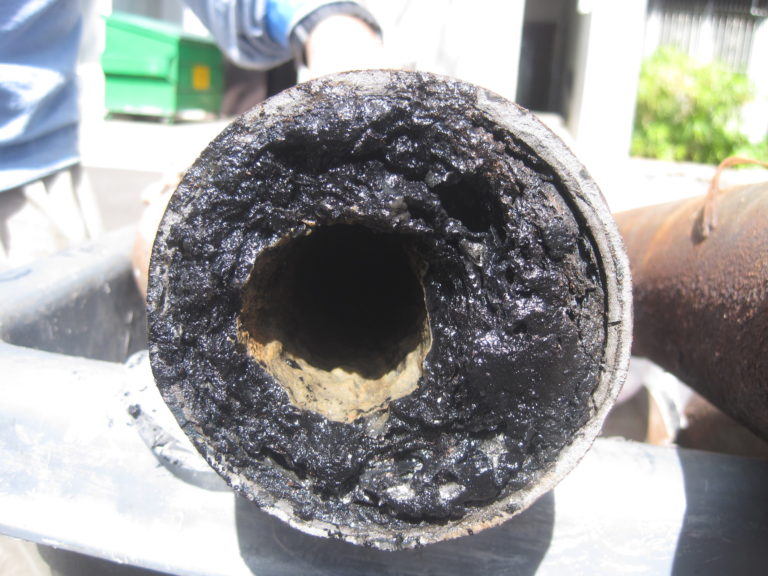
Invest in a Sink Strainer
 One of the best ways to prevent future clogs in your kitchen sink pipes is by investing in a sink strainer. This simple and affordable tool can catch food particles and debris before they have a chance to go down the drain and cause a blockage.
Kitchen sink strainers
come in various sizes and styles, so be sure to choose one that fits your sink properly. Regularly emptying and cleaning the strainer will also help to keep your pipes clear and your sink functioning properly.
One of the best ways to prevent future clogs in your kitchen sink pipes is by investing in a sink strainer. This simple and affordable tool can catch food particles and debris before they have a chance to go down the drain and cause a blockage.
Kitchen sink strainers
come in various sizes and styles, so be sure to choose one that fits your sink properly. Regularly emptying and cleaning the strainer will also help to keep your pipes clear and your sink functioning properly.
Avoid Pouring Grease Down the Drain
 Grease
, oils, and fats may seem harmless when they are in a liquid form, but they can solidify and cause major clogs in your pipes. When washing dishes or cooking, be sure to dispose of any excess grease or oil in a separate container and then throw it in the trash. This small step can save you from a lot of plumbing headaches in the future.
Grease
, oils, and fats may seem harmless when they are in a liquid form, but they can solidify and cause major clogs in your pipes. When washing dishes or cooking, be sure to dispose of any excess grease or oil in a separate container and then throw it in the trash. This small step can save you from a lot of plumbing headaches in the future.
Use Hot Water and Baking Soda
 Baking soda
is a natural cleaning agent that can help to break down and dissolve any buildup in your pipes. Simply pour half a cup of baking soda down the drain, followed by a cup of hot water. Let it sit for a few minutes before running hot water down the drain again. This can help to flush out any debris and keep your pipes clean and clear.
Baking soda
is a natural cleaning agent that can help to break down and dissolve any buildup in your pipes. Simply pour half a cup of baking soda down the drain, followed by a cup of hot water. Let it sit for a few minutes before running hot water down the drain again. This can help to flush out any debris and keep your pipes clean and clear.
Regularly Clean Your Garbage Disposal
 If your kitchen sink has a garbage disposal, it's important to keep it clean to prevent clogs. One easy way to do this is by grinding up a few ice cubes and some lemon or orange peels in the disposal. This will help to remove any buildup and eliminate any bad odors. Avoid putting fibrous or stringy foods like potato peels or celery in the disposal, as they can get tangled and cause clogs.
If your kitchen sink has a garbage disposal, it's important to keep it clean to prevent clogs. One easy way to do this is by grinding up a few ice cubes and some lemon or orange peels in the disposal. This will help to remove any buildup and eliminate any bad odors. Avoid putting fibrous or stringy foods like potato peels or celery in the disposal, as they can get tangled and cause clogs.
Call a Professional
:max_bytes(150000):strip_icc()/how-to-unclog-a-kitchen-sink-2718799_sketch_FINAL-8c5caa805a69493ab22dfb537c72a1b7.png) If you've tried all of these preventative measures and are still experiencing frequent clogs in your kitchen sink pipes, it may be time to call a professional plumber. They can use specialized tools and techniques to clear out any stubborn clogs and ensure that your pipes are functioning properly. Regular maintenance from a professional can also help to catch any potential issues before they become major problems.
By following these tips and incorporating them into your regular cleaning routine, you can keep your kitchen sink pipes clear and functioning properly for years to come. Remember, prevention is key when it comes to clogs, so investing a little time and effort now can save you from a big headache in the future.
If you've tried all of these preventative measures and are still experiencing frequent clogs in your kitchen sink pipes, it may be time to call a professional plumber. They can use specialized tools and techniques to clear out any stubborn clogs and ensure that your pipes are functioning properly. Regular maintenance from a professional can also help to catch any potential issues before they become major problems.
By following these tips and incorporating them into your regular cleaning routine, you can keep your kitchen sink pipes clear and functioning properly for years to come. Remember, prevention is key when it comes to clogs, so investing a little time and effort now can save you from a big headache in the future.

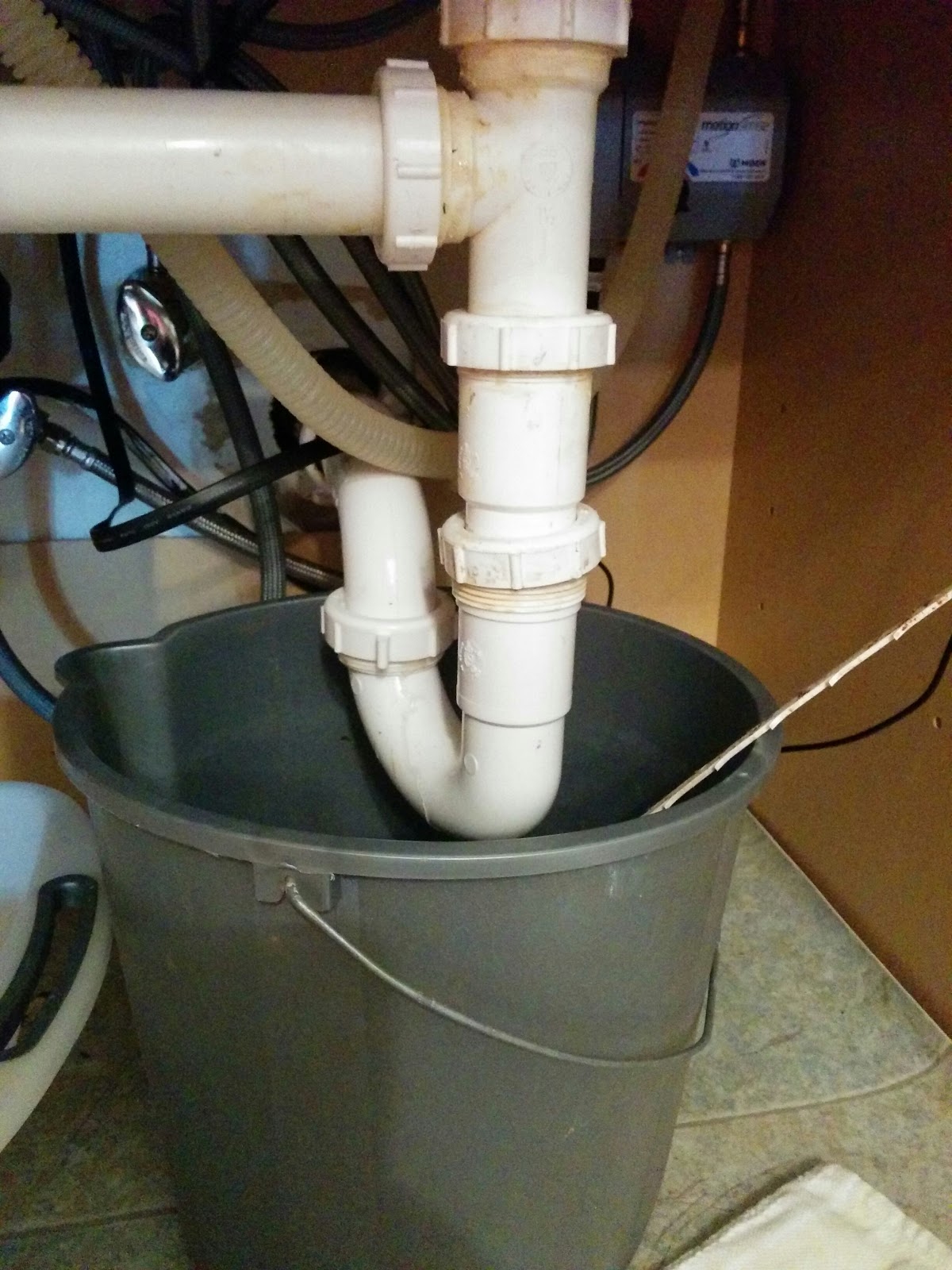





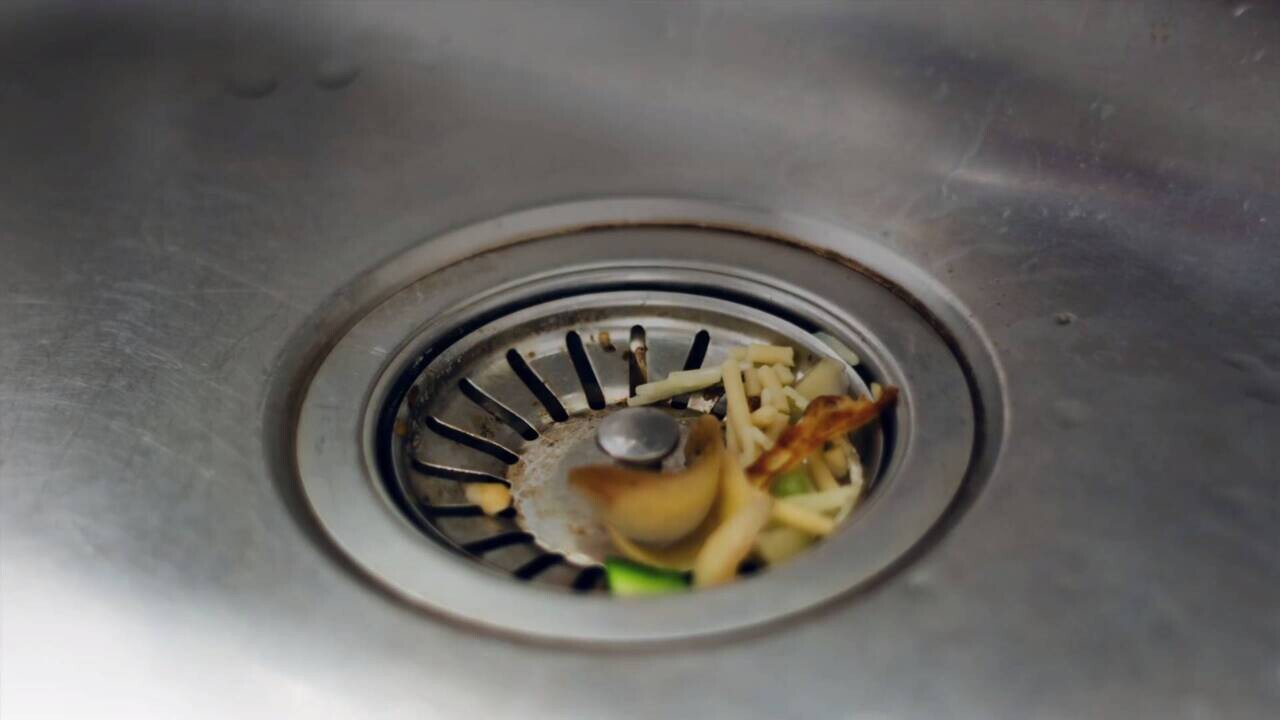
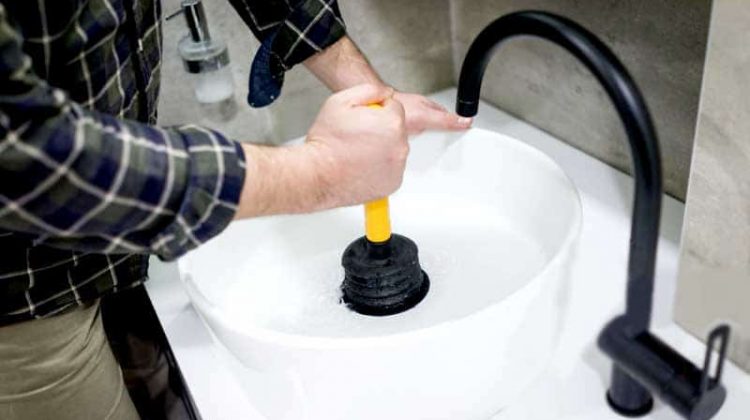
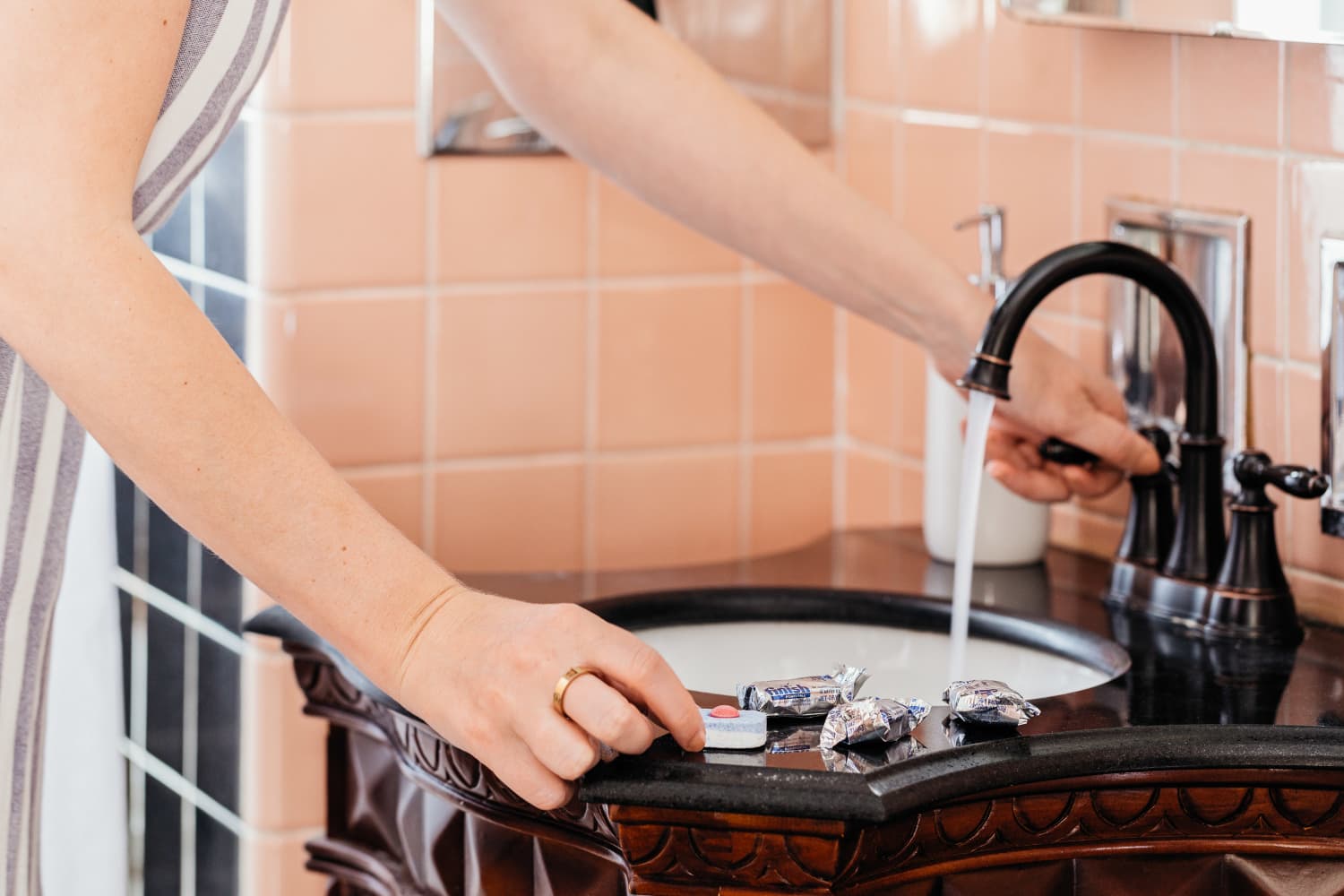







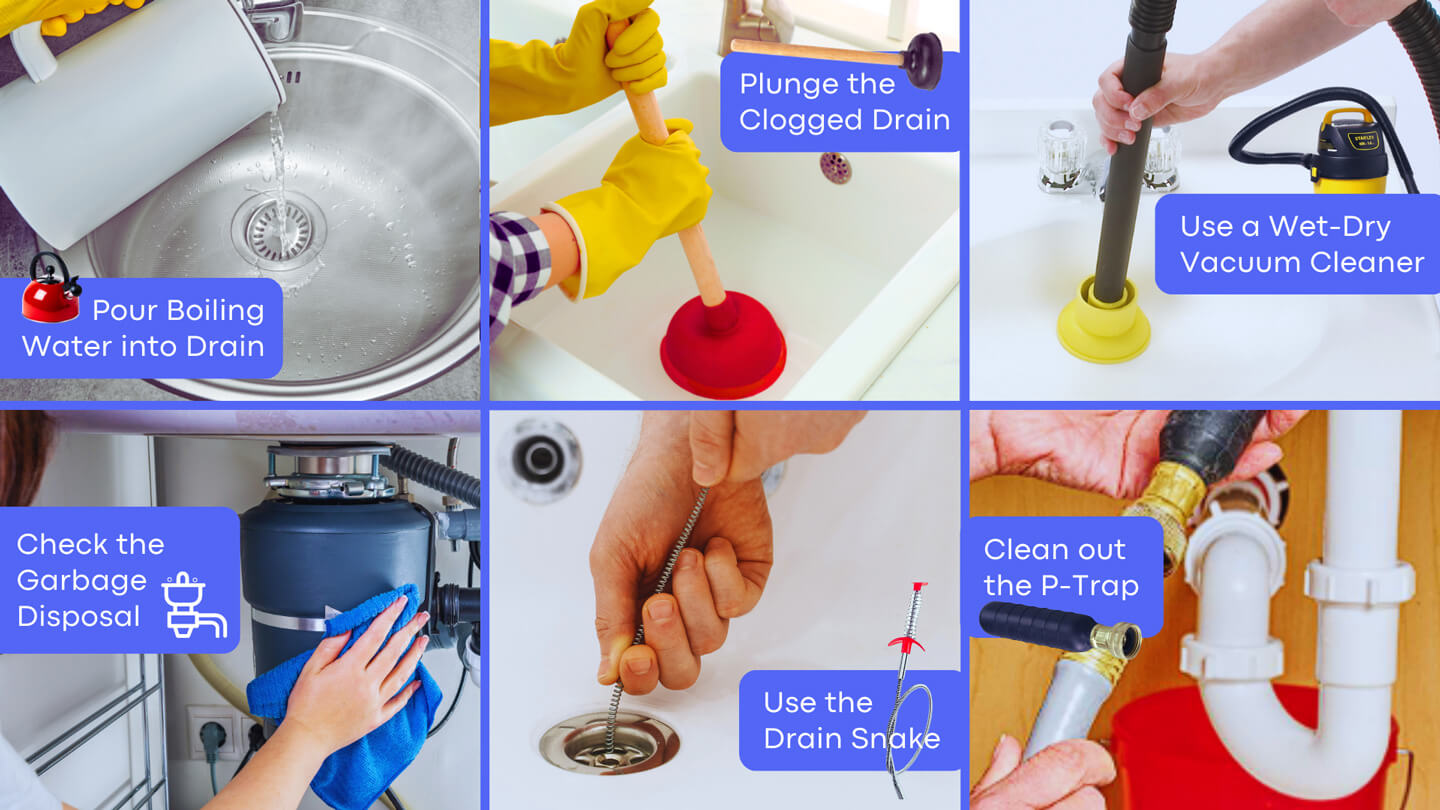



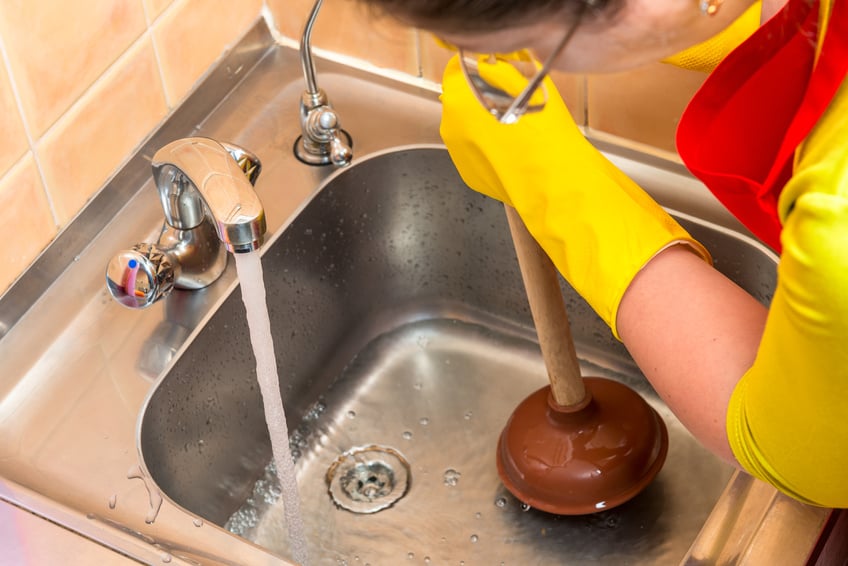



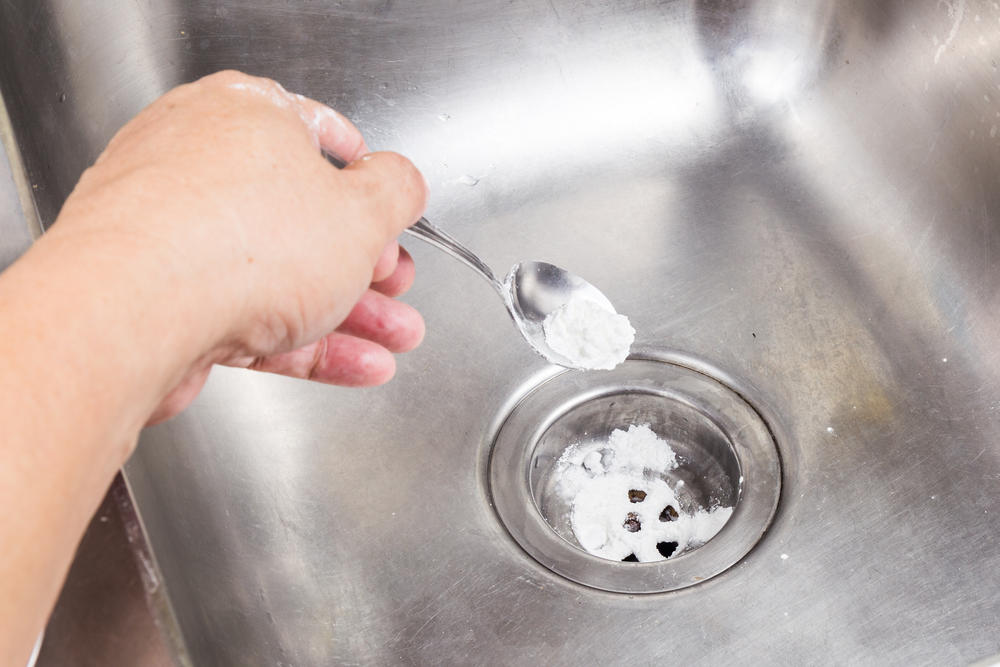
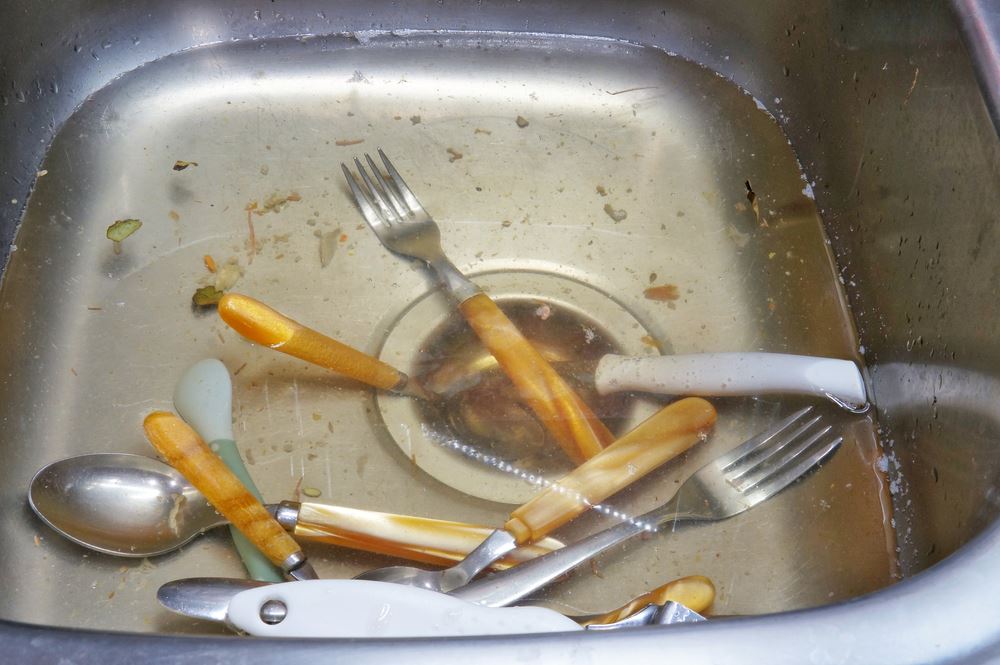



:max_bytes(150000):strip_icc()/freshen-and-unclog-drain-with-baking-soda-1900466-22-bbf940b70afa4d5abef0c54da23b1d3f.jpg)
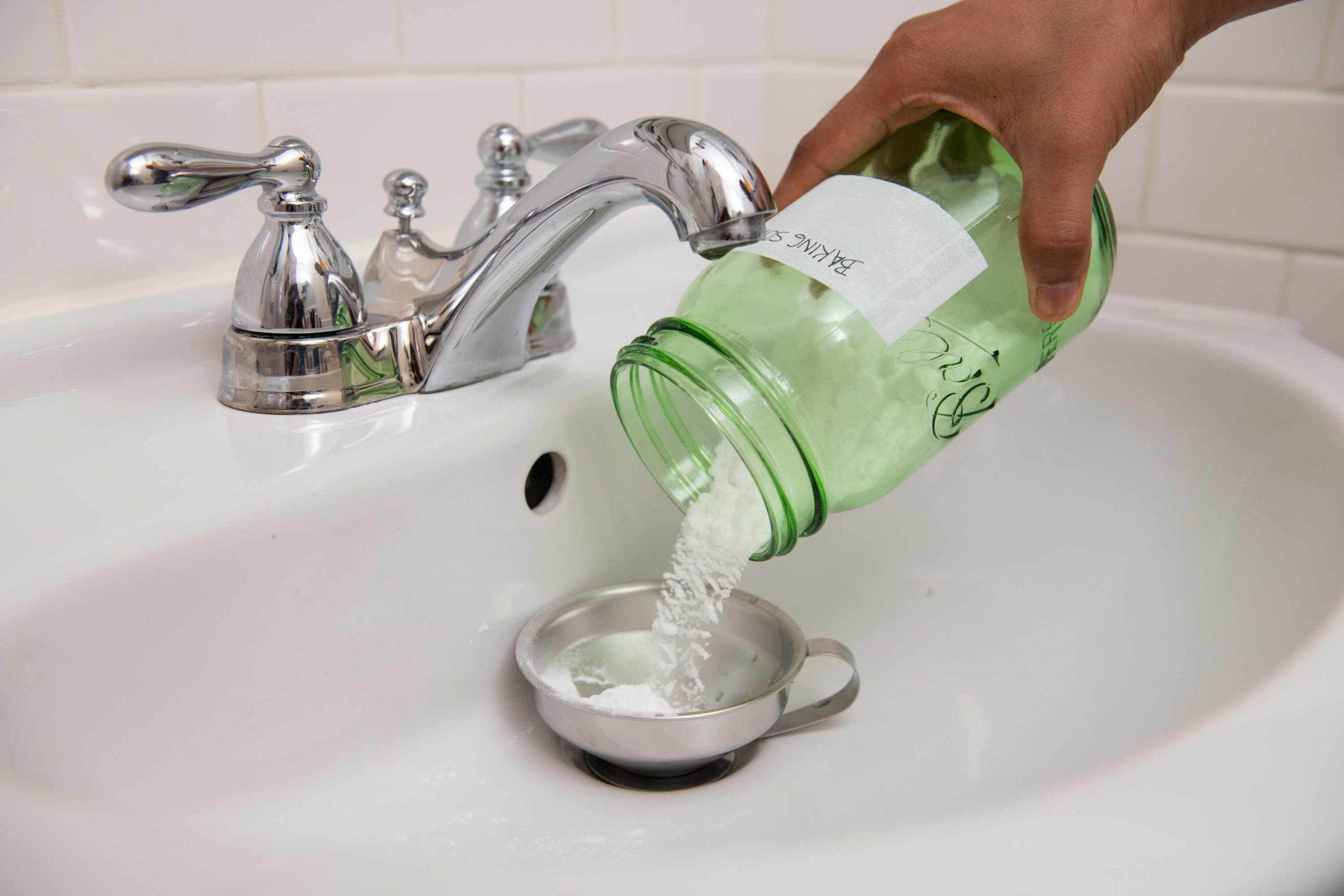




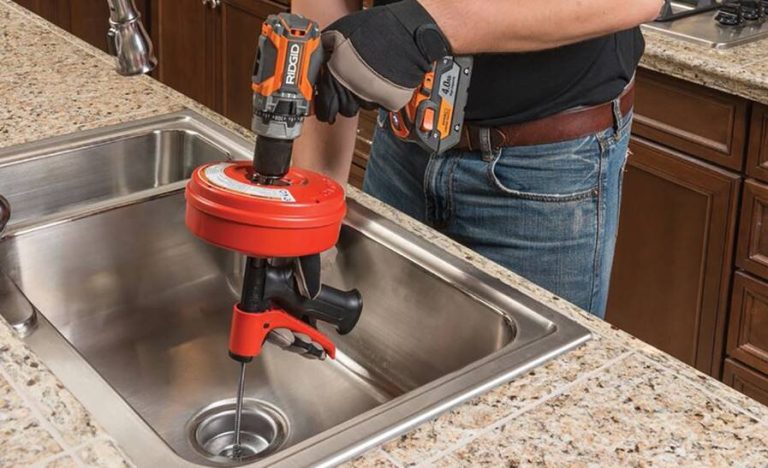
:strip_icc()/how-to-clean-a-bathroom-sink-drain-01-c728294c8bee42428afdf3e69f449279.jpg)

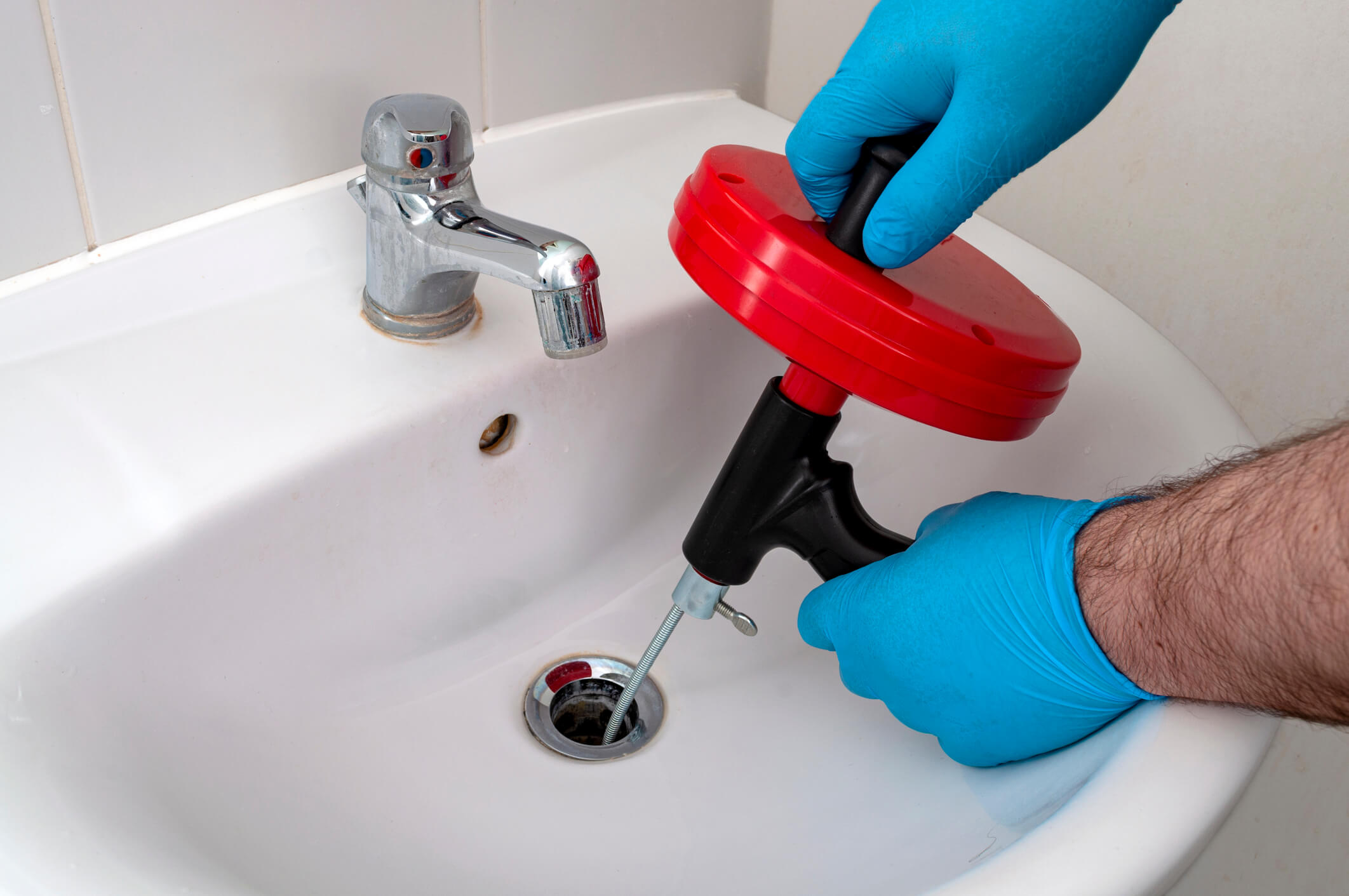




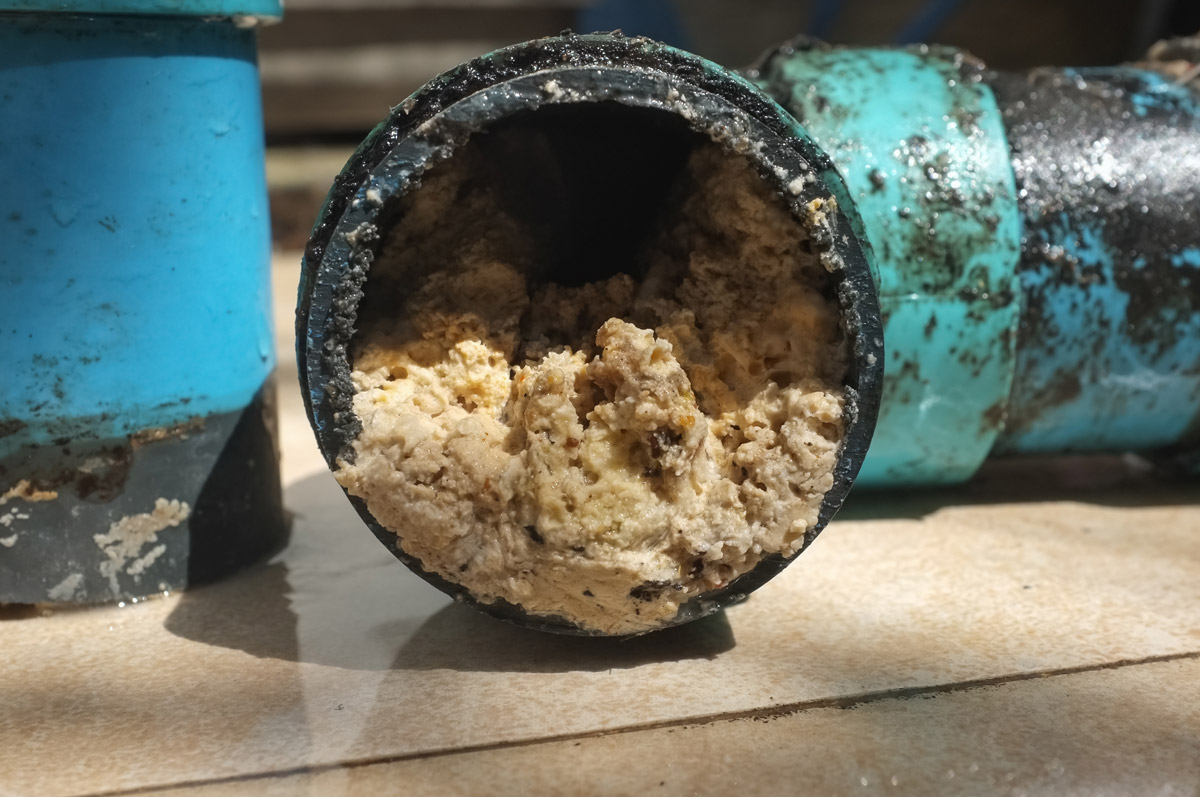






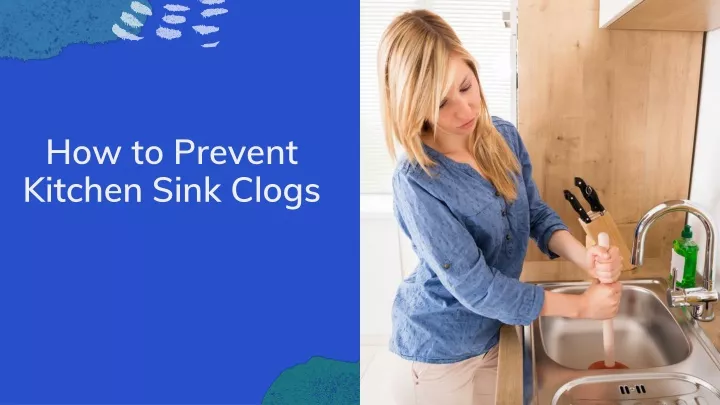
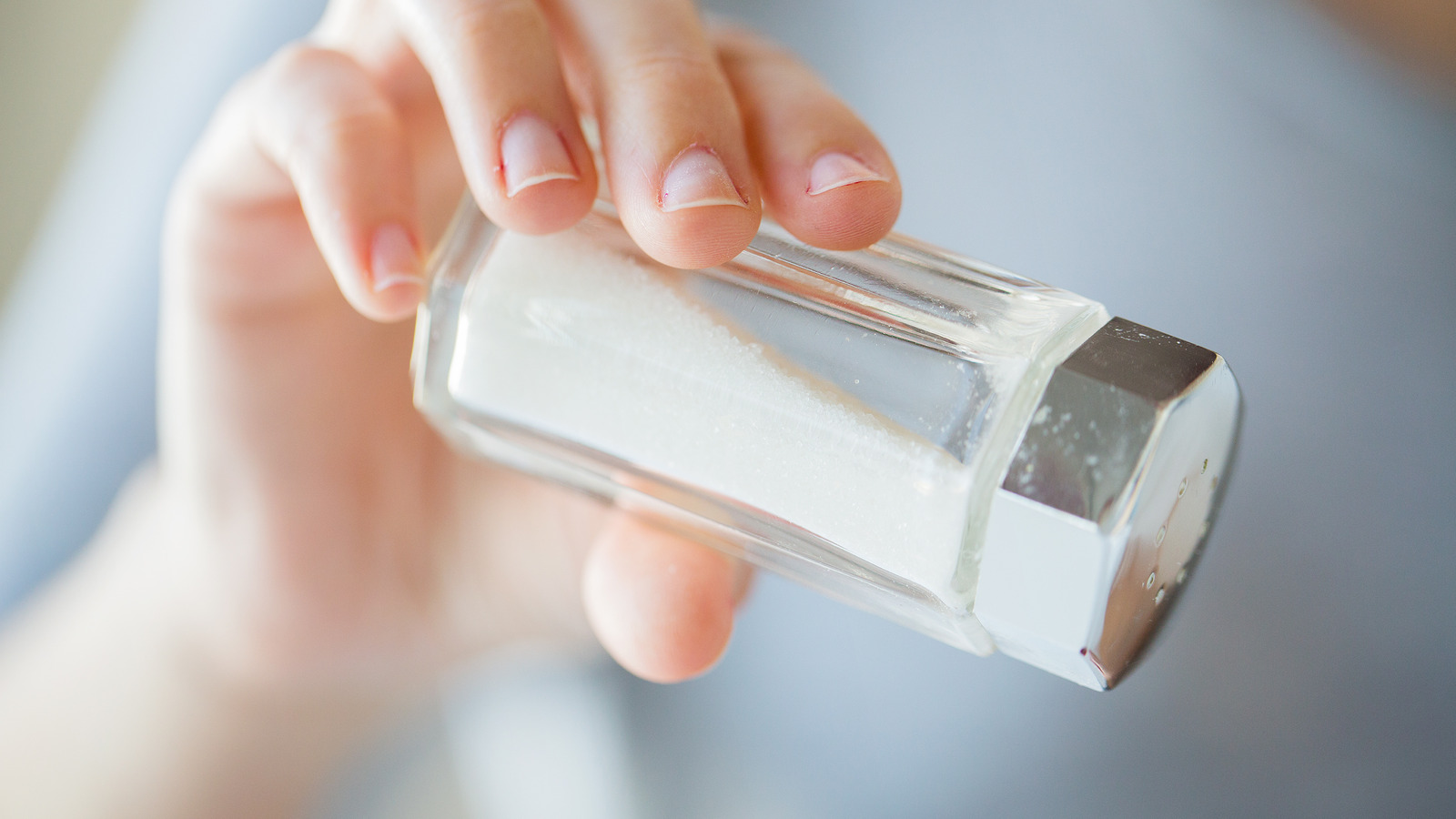

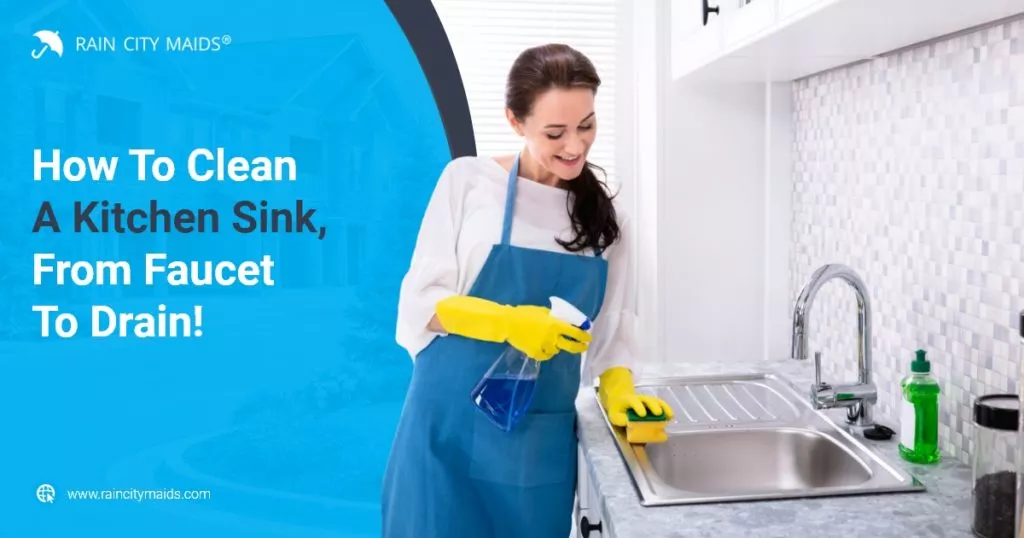


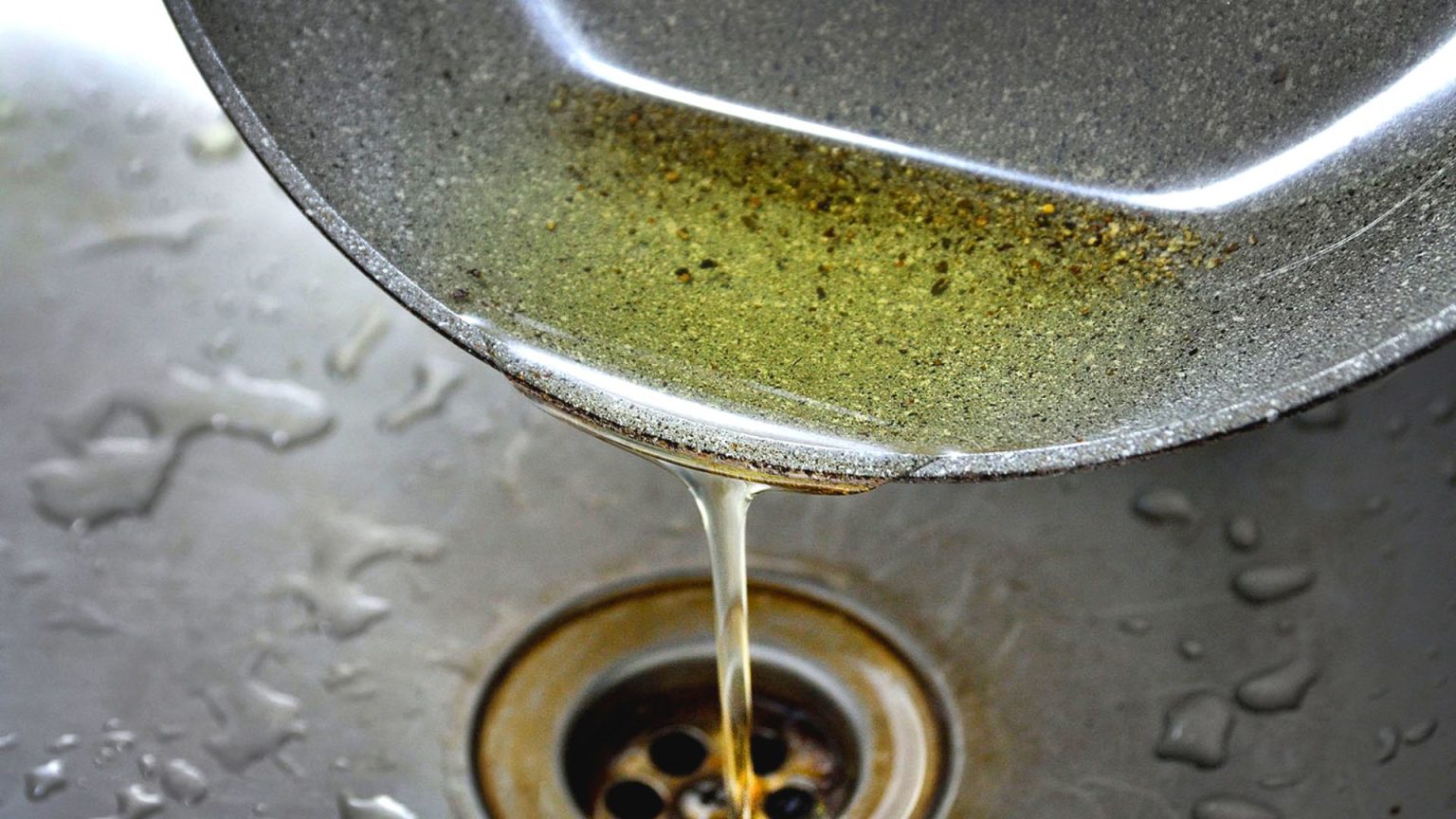
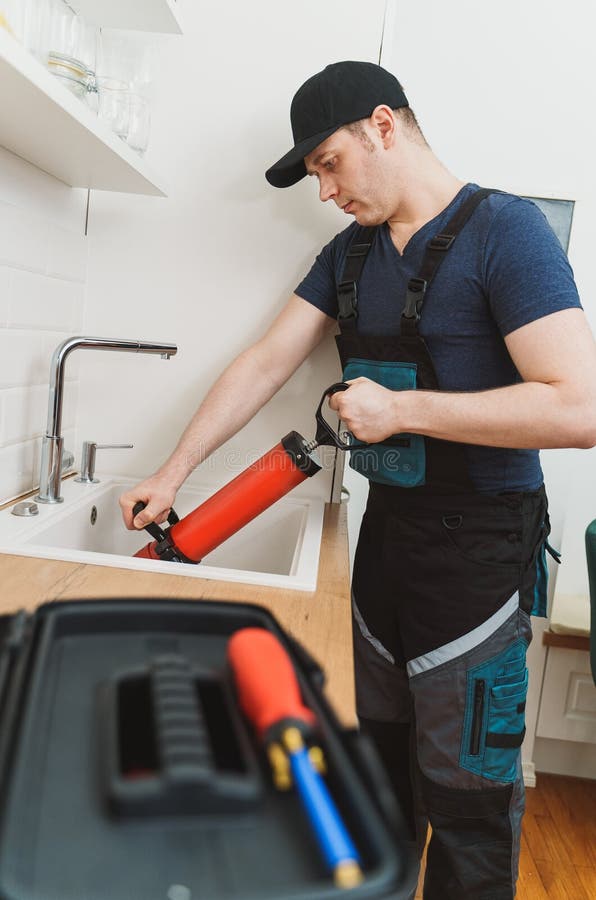



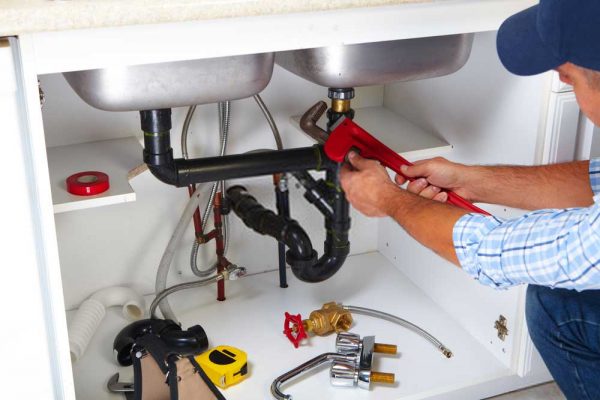
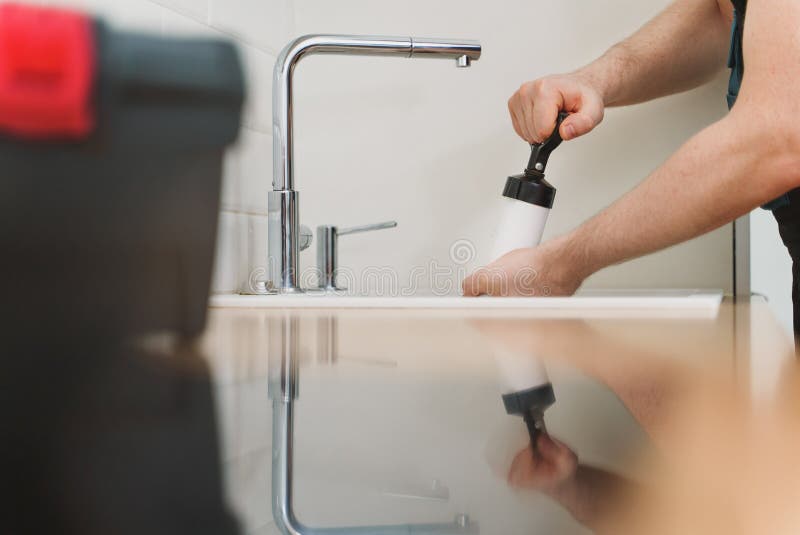
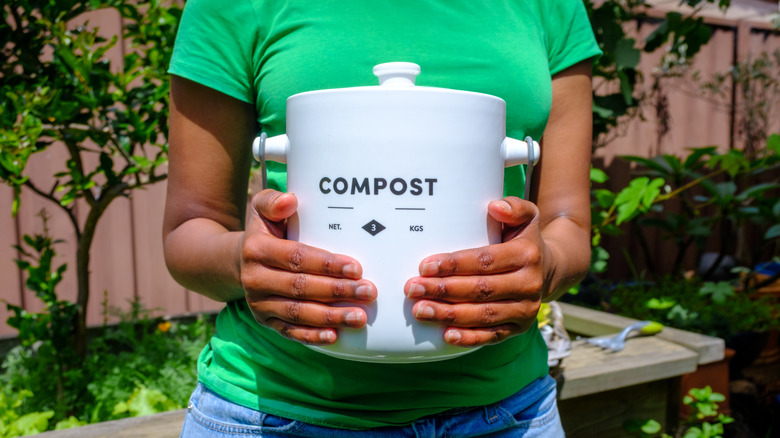
/how-to-unclog-a-kitchen-sink-2718799_sketch_FINAL-8c5caa805a69493ab22dfb537c72a1b7.png)



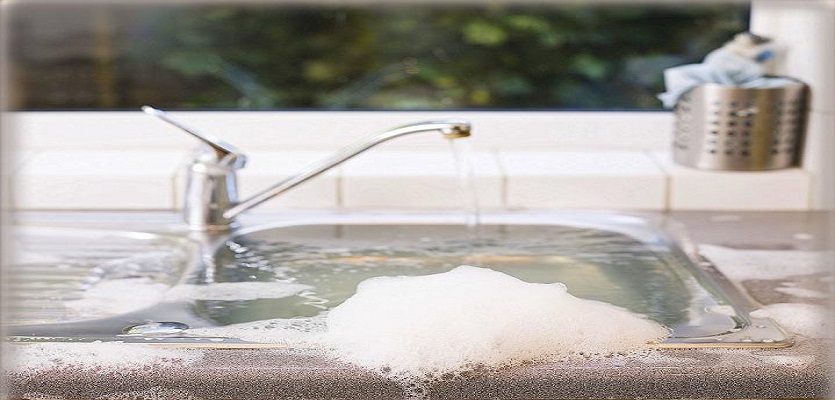
/signs-of-a-sewer-drain-clog-2718943_FINAL-7306dab348804135897b63a4411cdfdf.png)
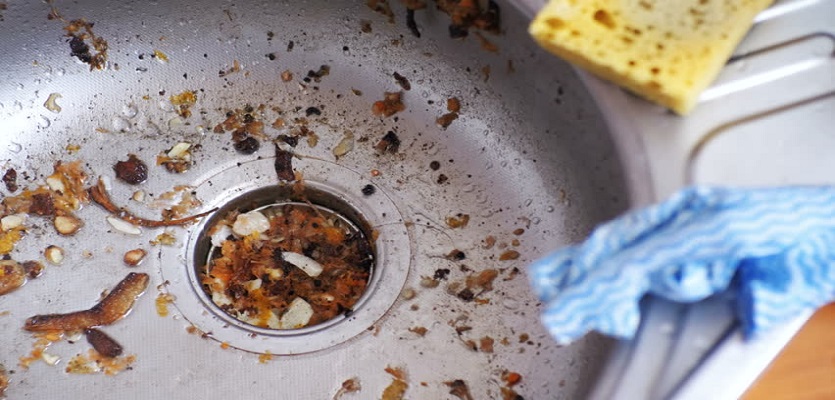


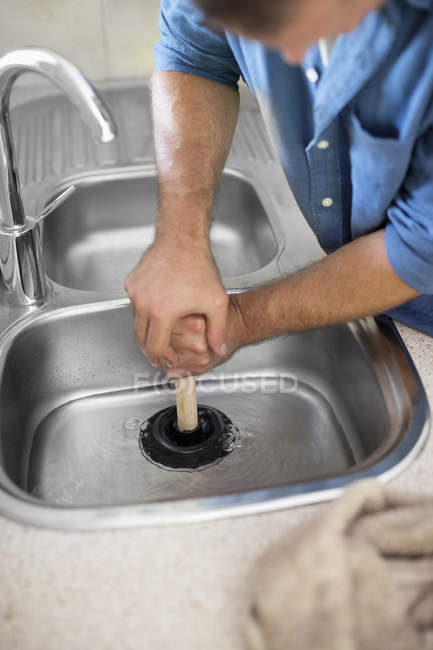

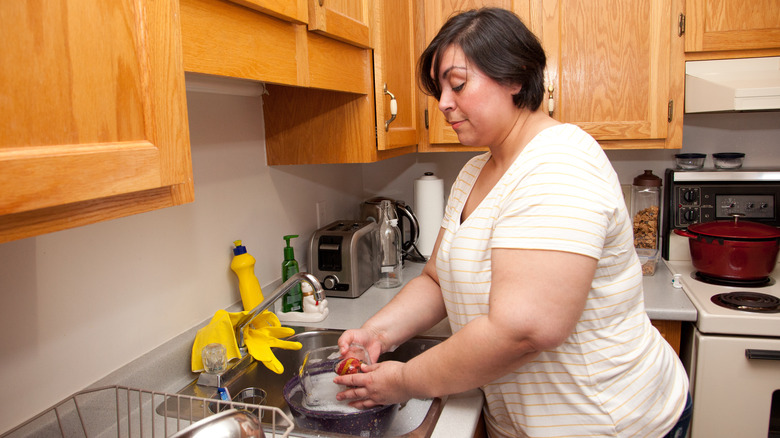
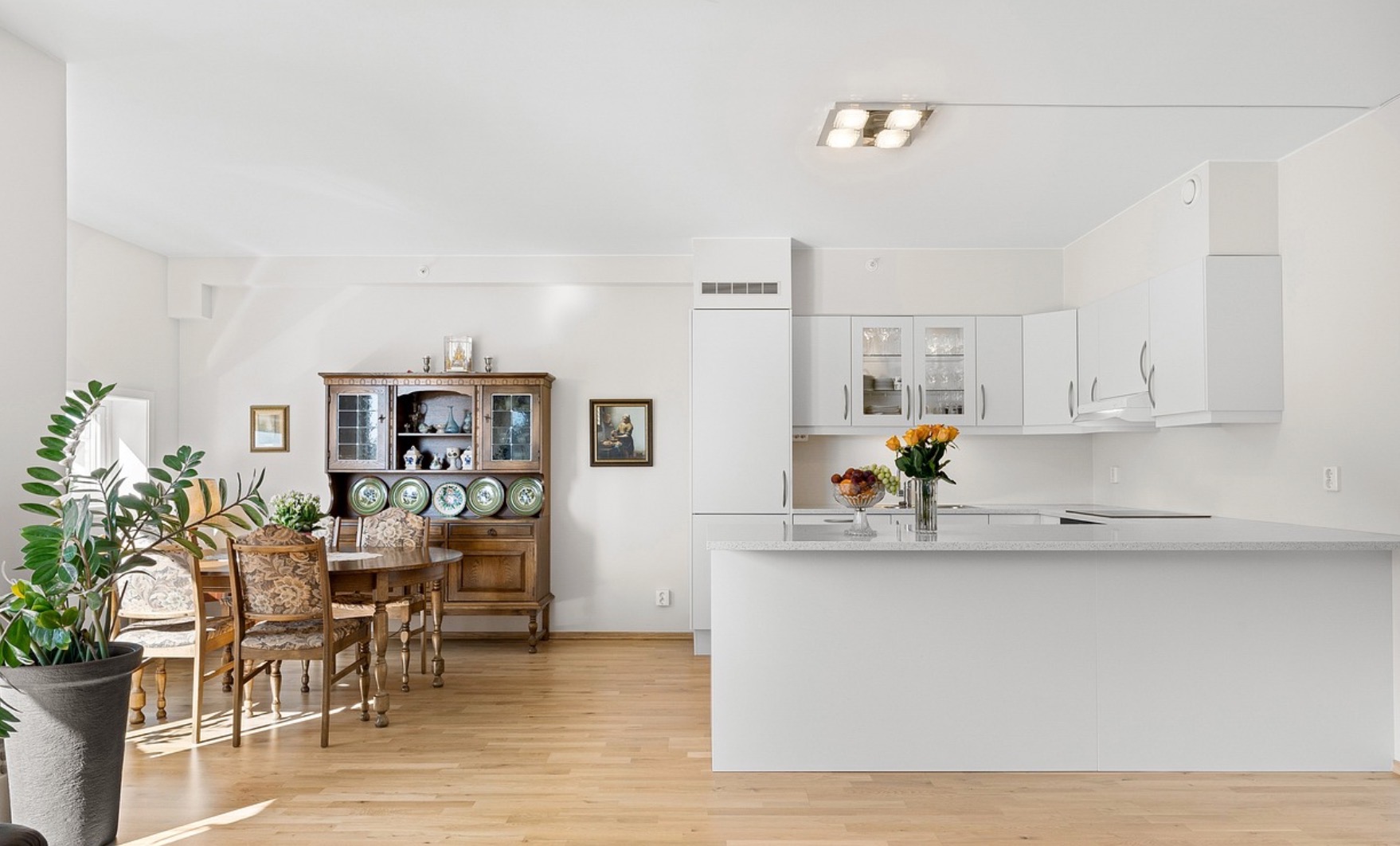



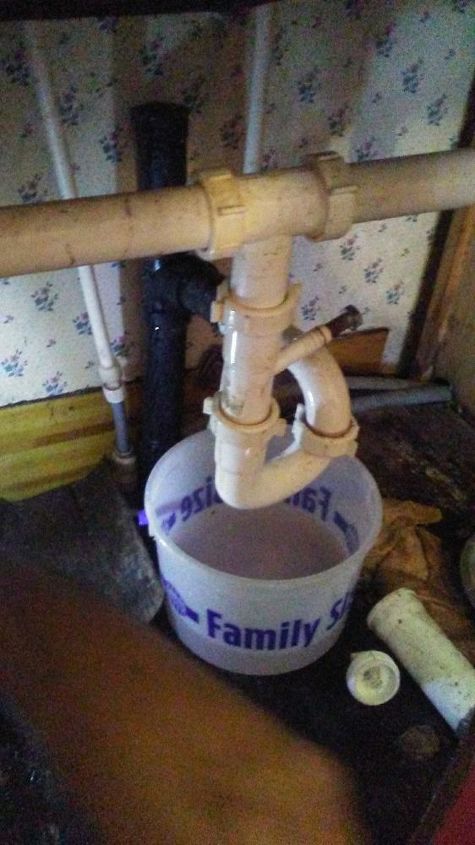

/how-to-install-a-sink-drain-2718789-hero-24e898006ed94c9593a2a268b57989a3.jpg)


